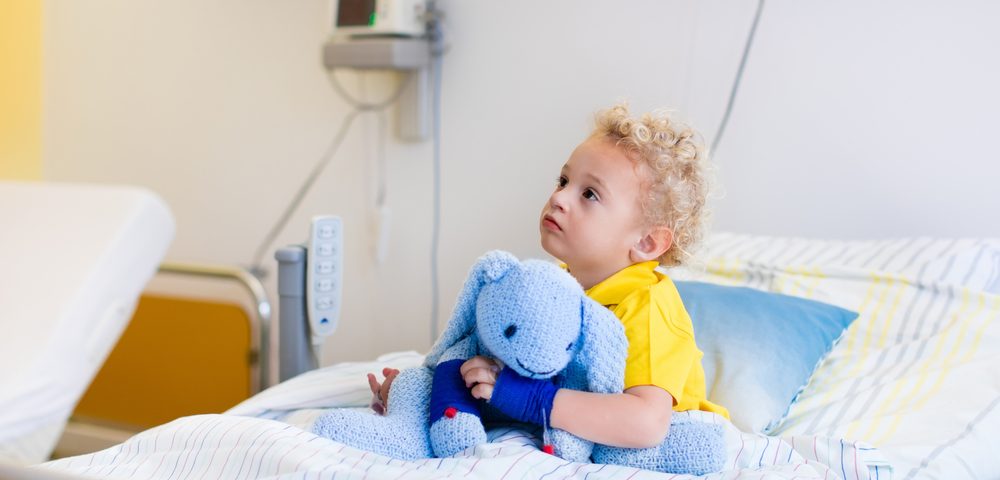A Yale-led study found that five years after cardiac surgery, children are at an increased risk for both hypertension (high blood pressure) and chronic kidney disease.
The study, “Kidney Outcomes 5 Years After Pediatric Cardiac Surgery: The TRIBE-AKI Study,” was published in JAMA Pediatrics.
In the U.S., 40,000 children are born with a heart defect, and about a quarter of them will require surgery. Although the outcomes for these children have improved and more are surviving to adulthood, they face other long-term risks, according to new study findings.
Acute kidney injury (AKI) is a sudden episode of kidney failure or kidney damage that happens within a few hours or a few days. AKI causes a buildup of waste products in the blood and makes it difficult for the kidneys to keep the right balance of fluid in the body. AKI after pediatric cardiac surgery has been linked with short-term morbidity and mortality; however, the long-term kidney outcomes are unclear.
In the new study Dr. Chirag Parikh of the Program of Applied Translational Research, Yale University School of Medicine, and colleagues recruited 131 children who had undergone cardiac surgery in one of three pediatric centers in North America. Children were followed up with telephone calls and an in-person visit five years after their surgery. The goal was to examine long-term kidney outcomes after pediatric cardiac surgery, and to understand whether there is an association between perioperative AKI and worse long-term kidney outcomes.
Hypertension, microalbuminuria (urine albumin to creatinine ratio greater than 30 mg/g), and chronic kidney disease (measured as serum creatinine estimated glomerular filtration rate [eGFR] less than 90 mL/min/1.73 m2 or microalbuminuria), were the main outcomes the researchers looked at.
The researchers found that, following cardiac surgery, 57 children (44 percent) had AKI.
At the five-year follow-up, the team found that 22 children (17 percent) had developed hypertension; 21 children (18 percent) had developed chronic kidney disease; and during the five-year follow-up period only five children (4 percent) had visited a nephrologist.
The results from the analysis also revealed no differences in renal outcomes between children with and without postoperative AKI.
“We believe that the heart disease and the surgery over time is predisposing children toward these adverse effects,” Parikh said in a news release. The results of the study indicate the need for long-term monitoring of children who survive heart surgery.
“As they get older, these children could have an increased risk for developing hypertension and chronic kidney disease,” Parikh said.

